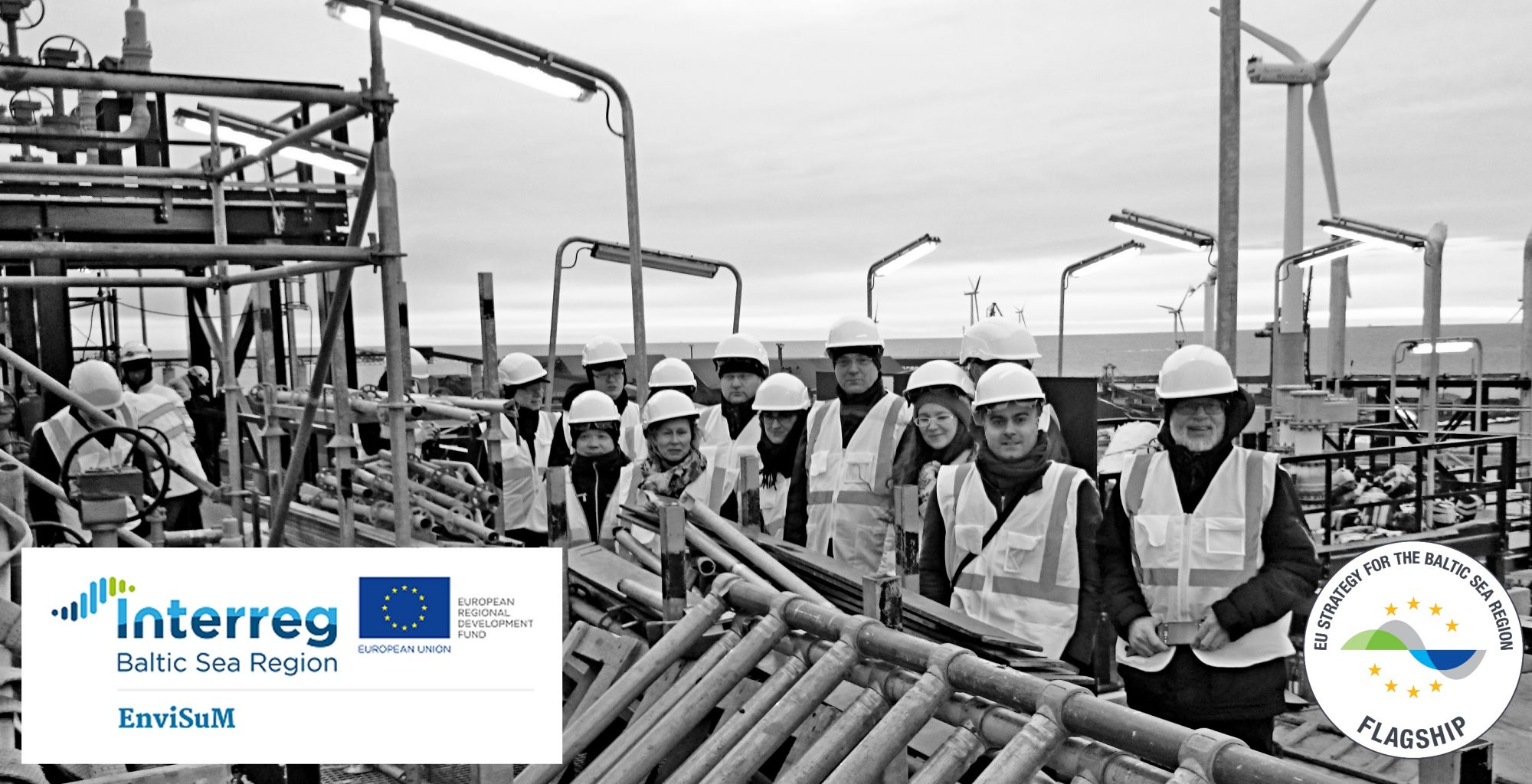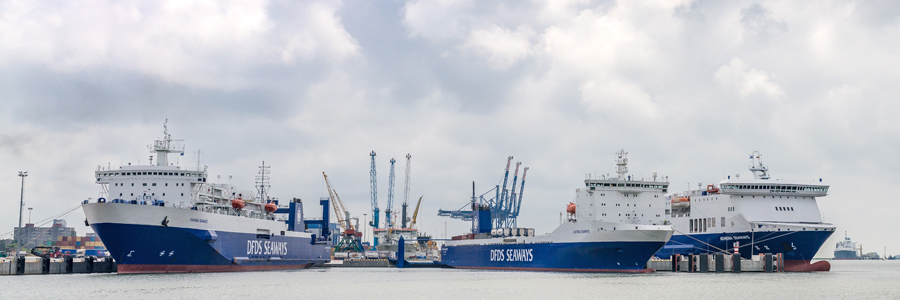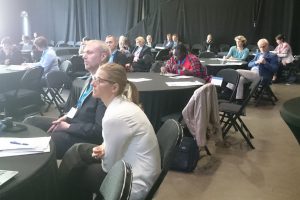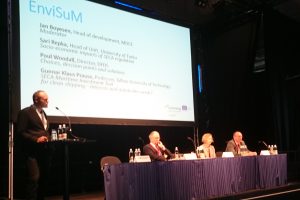Pick and choose programme to Lidköping LBG Plant, Port of Gothenburg, DFDS Petunia Seaways and Nya Älvsborg Meassurement station in Gothenburg, Sweden
From 9th to 10th of May, 2017

Two and a half years have passed since the Baltic Sea Region was introduced as a Sulphur Emission Control Area (SECA).
It is time to take a closer look at the lessons learned and the experiences gained by shipowners, ports, maritime equipment producers and authorities in the Baltic Sea Region. And what is the business potential that has emerged as a result of the innovations brought on by the SECA regulation?
This study visit takes the form of a “Pick n’ Choose” a programme where you can participate in either;
- A study visit to Lidköping Biogas Plant or a visit to DFDS Petunia Seaways (scrubber vessel) on the 9th of May
- On the 10th of May, you can take part in a panel discussion or a company visit and later on join us for a guided tour around the Port of Gothenburg and a visit to Nya Älvsborg Emission Measurement Station


 This survey is about the Economic impacts of Sulphur Emission Control Area (SECA) regulations on maritime market stakeholders. Your comments will help policy makers get a better view of your challenges as a Maritime stakeholder in your compliance, improve human health and protect the environment of BSR.
This survey is about the Economic impacts of Sulphur Emission Control Area (SECA) regulations on maritime market stakeholders. Your comments will help policy makers get a better view of your challenges as a Maritime stakeholder in your compliance, improve human health and protect the environment of BSR.

